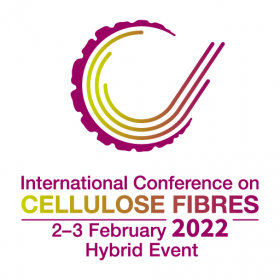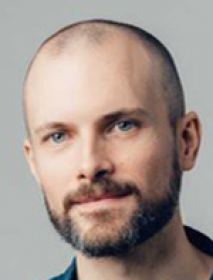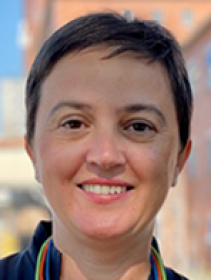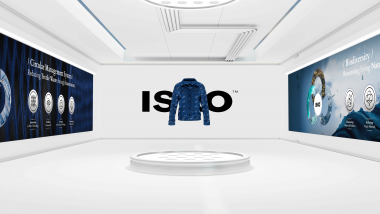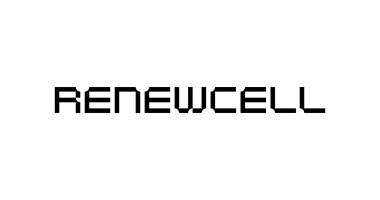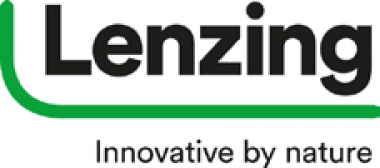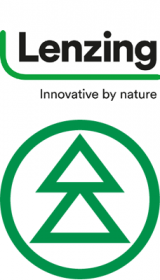Officina39 and Adriana Galijasevic’s Cocircular Lab present “Circular Explorations: Recipe for Change”
This collaborative and educational project showcases the use of waste as a resource and prolonging the life of the garment through color. It came to life thanks to key brands who donated items that were then transformed by Officina39’s Recycrom™ applications into a renewed head-to-toe look that was then displayed as an art installation.
What’s the Recipe for change? For Officina39 and Adriana Galijasevic’s Cocircular Lab, this question gives shape to the collaborative and educational project Circular Explorations, specially presented at Amsterdam Denim Days Festival on April 22-23.
Sharing ground values and a common view on the fashion of tomorrow, Officina39, Italian based Chemistry plus Creativity company for the textile sector, joined hands with Adriana Galijasevic’s Cocircular Lab and influential brands to celebrate the importance of an ongoing commitment towards circularity.
Several donated items – overstock, second-grade production or damaged, unsold pieces – were updated with newly developed applications made with Officina39’s Recycrom™, the one-of-a-kind, patented dyestuffs range made from textile waste. This Circular Explorations capsule is displayed at Denim Days Festival as an art installation, not only to dress people but also to get them acquainted with circularity because they are an important player in closing the loop.
The Recipe for change that emerges from this color research is based on important values and keywords:
- Consciousness – awareness of oneself and one's surroundings
- Courage – the mental or moral strength to venture, persevere, and withstand danger, fear, or difficulty.
- Creativity – the power to imagine and produce new possibilities.
- Connection – a relationship in which a person or thing is linked or associated with something else, the act or state of connecting.
- Collaboration – the act of working together for a common goal.
Combined together, they produce CHANGE, which is a driving force for a better tomorrow.
This collaborative and innovative project that addresses circularity is also in direct support of United Nations Sustainable Development Goals, in particular number 12-Responsible Consumption and Production, number 9-Industry innovation & Infrastructure and number 17-Partnership for the Goals.
Officina39 / Menabò











